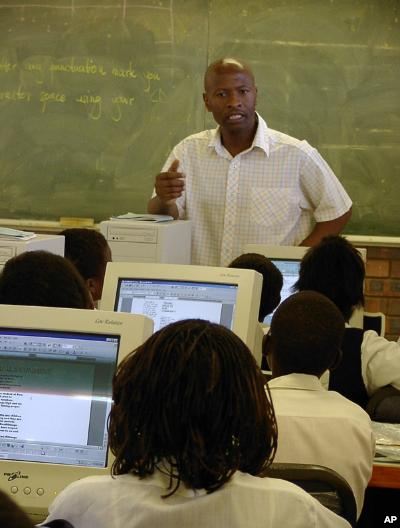Technological advancement has simplified life to a great extent. It has given students a new learning environment where one can easily access a variety of academic materials through the internet. Some years ago, the government expressed a desire to start using Information Communication Technology (ICT) in secondary schools. But the pace of implementation does not match either the government’s commitment or the demand for the technology.
Most schools lack the necessary infrastructure to enable smooth and efficient teaching and learning through ICT. Little or no access to electricity and computer laboratories are key challenges. Most teachers and students, particularly in rural schools, are not familiar with the technology.
The recent drive by a mobile phone company to donate computers to secondary schools around the country is commendable. Other players in the private sector should chip in and complement the government’s efforts to improve education standards, especially in rural schools.
There are those who argue that the internet makes students lazy. It may also stand in the way of efforts to cultivate a reading culture. But there is the counter-argument that students can use it to broaden their knowledge and boost their academic performance. Considering the age of most secondary school students, though, unlimited access to the full range of materials on the internet is not advisable. If left unchecked, the internet might be a bad influence on our students as they could gain access to materials not suited to their age and needs.
The negative side of the internet notwithstanding, the World Wide Web is a great source of academic materials. What we need to do is invest more in ICT and equip our schools with computer labs and a regular source of energy. Then we can top it all with skilled teachers to enable students tap into the knowledge that students in the developed world are enjoying.
Curb trade in counterfeits
The sale of substandard and fake goods is rampant almost throughout the country. From small items such as torch cells to machinery, many buyers are attracted by the belief that they are cheaper than genuine products. No thought is given to the fact that fakes do not last long and can be outright dangerous.
And, although the standards authority officials have been quite active, raiding shops and seizing the suspect merchandise from shelves or at the port, some fake goods still slip through.
This is why the war against fake goods continues, and the authorities must never despair. We commend the police and regulatory bodies for moving against suspects, whose activities are bound to have devastating effects, hampering achievements in agriculture.
With the police force’s elaborate countrywide presence, we do not see how these crooks will continue to elude the officers and distribute their fake goods. What is needed is a relentless campaign involving the police and the bureau of standards to ensure that the people get quality goods that are value for their hard-earned money. Traders, whose activities threaten whole sectors, are saboteurs that we must not tolerate even for a second.





No comments! Be the first commenter?